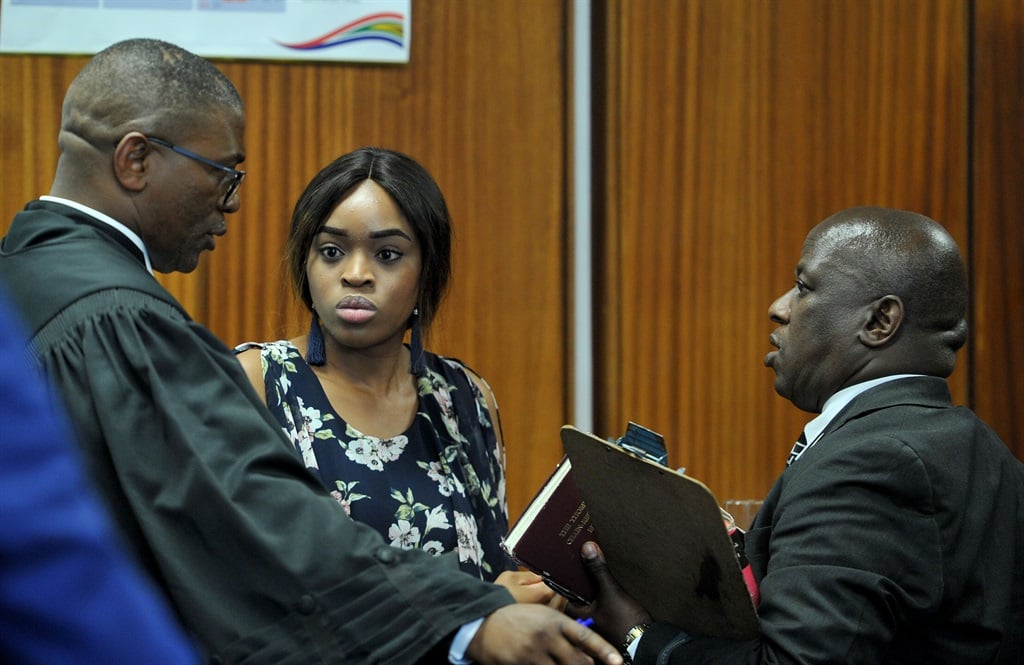
When I was starting out in the news profession in the mid-1990s, my first assignment was to cover cases at the Nelspruit Magistrates’ Court.
Courts, I was told, would teach you speed in taking notes; teach you to listen attentively; teach you accuracy and concentration. These traits would enable one to write a good story.
There were warnings: Do not, under any circumstances, misquote the magistrate, nor lawyers and prosecutors involved in the trials you cover.
There was advice: Make friends with the lawyers and prosecutors to gain access to them during tea and lunch breaks to get clarity on matters which you did not understand during proceedings.
It sounds too much, right?
This was the time when smartphones were a pipe dream and cellphones had just begun making an entrance; the latter were the preserve of the monied class, who could afford to buy them.
Recorders were also luxuries, and the only equipment one had – at all times – were pen and paper.
What one was never informed about, sitting through trials, was that lawyers can be vicious and aggressive, and can make witnesses break down on the stand.
It was not long before one got to taste the offensiveness of lawyers, who barraged witnesses with all kinds of questions which I found problematic.
The now familiar terms –“objection, my lord”, “overruled” and “sustained” – were often heard when lawyers got overly zealous in trying to extract information from those who were in the dock.
The cross-examination of witnesses was one aspect you would not want to miss.
After all, it was the point where lawyers won cases for their clients (the accused), who would be seen nodding in the affirmative when witnesses failed to answer convincingly.
This also afforded the presiding officers a chance to check the credibility of witnesses.
Without proper preparation, many witnesses failed at the cross-examination stage and saw criminals walk free because of technicalities.
Why am I writing about this now?
I was reminded this week of how vicious defence attorneys can be during Cheryl Zondi’s testimony at the trial of Nigerian pastor Timothy Omotoso in Port Elizabeth.
Zondi stood her ground as Peter Daubermann, Omotoso’s lawyer, fired barrage after barrage of invasive and offensive questions at the young woman.
In the times that I could watch, she remained calm and took her time to answer questions – she would not allow herself to be bullied.
Daubermann’s aggression during the trial saw the country taking to social media to criticise his conduct. Protesters outside the court chastised the lawyer for the way in which he was conducting the cross-examination.
It was the first time that he had been threatened by protesters for doing his job.
“Most people don’t know what the job of an attorney is,” Daubermann told News24. “I will never allow myself to be intimidated by ignorant people who do not know what’s going on.
“Generally, the judge is supposed to be impartial to make sure that unfair questions are not asked,” Daubermann said.
“It is the prosecutor’s duty to object if he believes that his witness is being treated unfairly. It is the judge’s job to rule on the objection.”
Indeed, Judge Mandela Makaula had to intervene several times to tell the lawyer that his questions were inappropriate.
Zondi, who gave consent to have her identity revealed and agreed to testify on TV, became an instant hero for her posture during the invasive questioning from Daubermann. Screenshots of her in the witness box appeared in many people’s status updates on social media.
The trial has offered South Africans a front-row seat to see what women, as well as witnesses in criminal trials, go through at the hands of defence attorneys who are intent on cracking them.
Other witnesses come to court unprepared for what awaits them, and they falter under duress from lawyers. Many others leave the stand, never to come back, which sees criminals being set free.
Like all lawyers, Daubermann’s mandate is to get his client acquitted. To that end, he will go all out and be as adversarial as needs be to achieve his goal.
If that means he has to ask inappropriate questions (which he believes could be the ace he has up his sleeve), he will take his chances and push those boundaries. The presiding officers and prosecutors interject to stop such questions from being asked in the trial from time to time.
Many lawyers act this way and ask invasive and aggressive questions, knowing full well that they are inappropriate. At trials, their questions can
be ruled inappropriate – and that is where the matter ends.
Is it not time bodies such as the Law Society of SA and bar associations became proactive by monitoring the conduct of their members in court and taking stringent action if defence lawyers are found to deliberately abuse witnesses?
Perhaps then the system would bring a measure of humanity to witnesses, especially those who speak up about rape and are survivors themselves.




 Publications
Publications
 Partners
Partners








